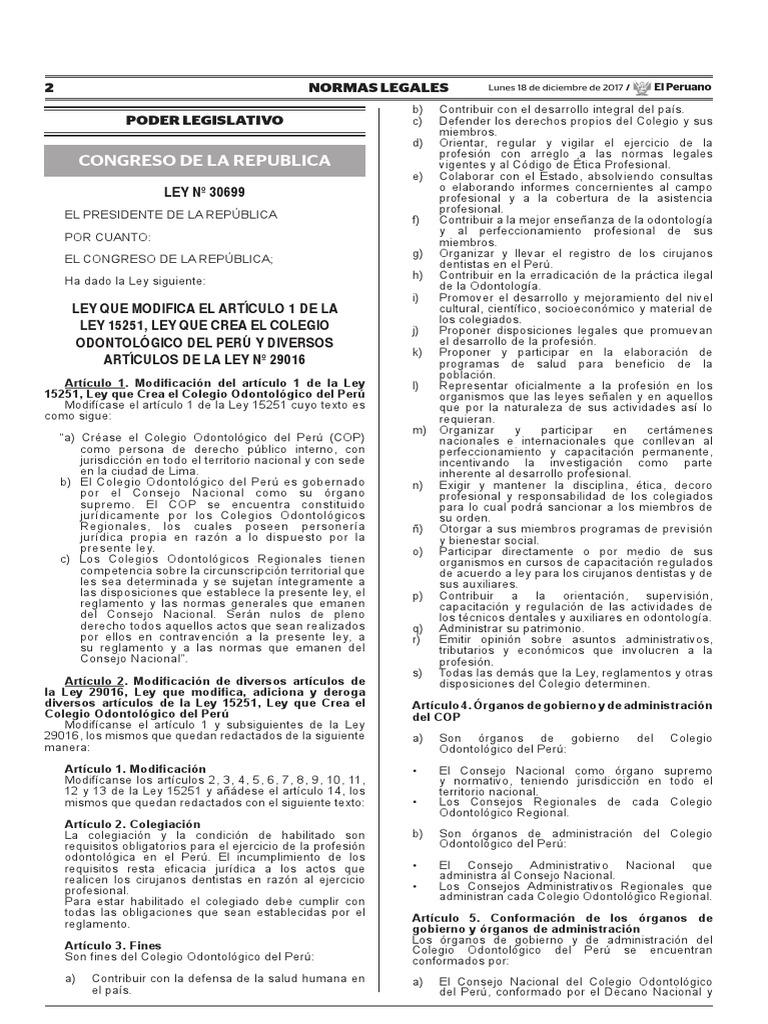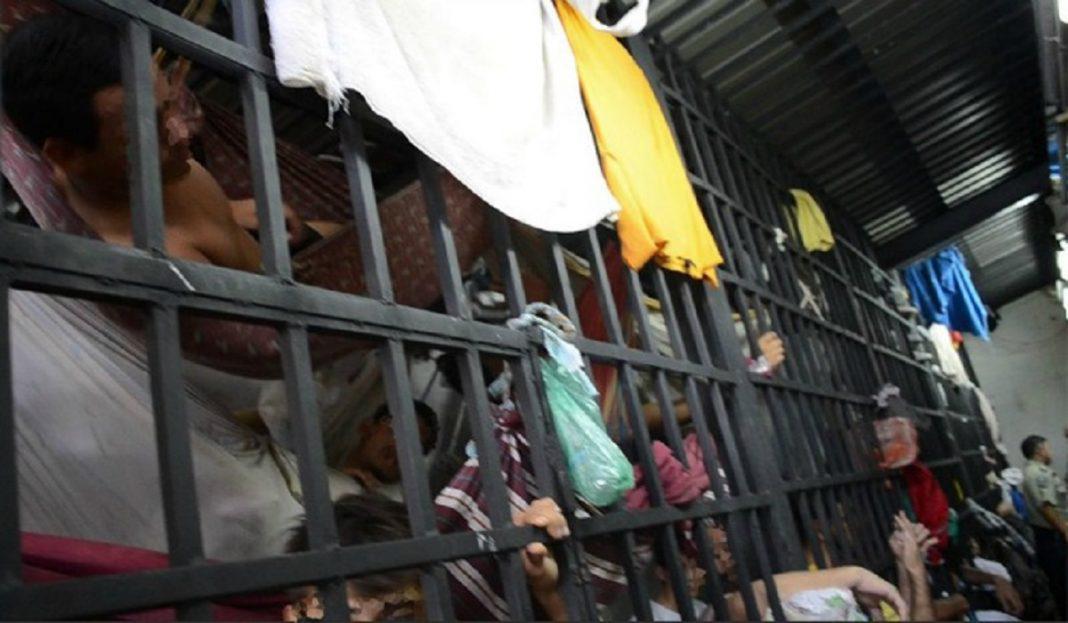The European housing market is stressed with double-digit price increases
- Lorena Torío
- Mónica G. Moreno
The risk of real estate bubbles is accelerating in the Old Continent. The latest notices have been released by the ECB and the Bundesbank. The body chaired by Christine Lagarde sees signs similar to those of 2007 and warns that house prices and overvaluations are at similar levels to the previous peak of the global financial crisis.
"Eurozone house prices have risen at the fastest rate since 2005 in the second quarter of 2021", because "many mortgage loans have been given, some too easily because interest rates are very low", pointed out the latest ECB Financial Stability Report.
The agency does not say which countries are at risk of a housing bubble, but points out that the problems have grown in countries where prices were already very high before the pandemic. For José María Raya, director of the Housing and Future Chair at Pompeu Fabra University, the countries with the most stress are Germany, Sweden, Denmark, the Netherlands and some in the Eastern region. "All have double-digit price increases, which means three or four minimum points above current inflation," says the expert.
In the Old Continent, according to Eurostat data, in 17 countries the growth in housing prices was higher than the average for the European Union (7.3%) and the Eurozone (6.8), presenting 13 of them double-digit year-on-year increases in the second quarter of the year. In the lead, Estonia registered a positive variation of 16.1% in house prices in said period, followed by Denmark, the Czech Republic, Luxembourg and Lithuania -see graph-.
Among the stressed areas is the Netherlands, where housing rose 12.8% between the months of April and June. In addition to the low interest rates and the general improvement in the real estate market in the euro area, among the main reasons that justify the rise in prices in the Netherlands is "the great lack of housing in the areas where that there is greater demand, which is pushing prices up very quickly", points out the study The post-Covid-19 real estate market. Profitable investment or new bubble?, produced by EAE Business School.
"Specifically", the report adds, "this increase in demand is due to the legislative change by which the Dutch government abolished the tax associated with the purchase of a first home for people under 35 years of age, which generated an avalanche of purchases not made in 2020 to avoid said tax".

In Germany, the Bundesbank has once again set off its alarms for a possible new housing bubble by detecting price rises of between 10% and 30% above what is justifiable based on fundamentals.
Risk Spotlight
Six European cities are among the world's nine most imbalanced real estate markets, according to UBS Group AG's Global Real Estate Bubble Index. The German city of Frankfurt leads the list of cities at possible risk of a real estate bubble. Risk has also accelerated in Munich, Zurich, Stockholm, Paris and Amsterdam, according to UBS.
Housing prices soared last year as borrowing costs bottomed out and buyers valued space or additions like green space more. Although prices rose in all but four of the cities UBS studied, the bank warned that those rises could come to an abrupt halt in most markets as lending policies begin to loosen amid easing. of the restrictions of the pandemic.
"On average, the risk of a bubble has increased over the past year, as has the potential severity of a price correction in many cities tracked by the index," the report authors write. "The worsening affordability, the unsustainability of mortgage lending, and the increasing divergence between prices and rents have historically served as precursors to housing crises," they add.
According to Eurostat figures, Spain is at the bottom of the table with growth of 3.3% in house prices compared to the second quarter of 2020, just for above Romania (3%) and Italy (0.4). The only country in the European Union where housing became cheaper in the second quarter of the year was Cyprus, registering an interannual decrease of 4.9%.
Despite these warnings from different bodies, the director of the Housing and Future Chair at Pompeu Fabra University believes that we are not facing new real estate bubbles in Europe. "The bubbles are very fueled by credit and there are no signs that credit is being excessive as it was in the 2007 crisis. What there are are many factors that are contributing to it "To begin with, many purchases are being made that were not carried out in 2020 due to the paralysis of the sector. In addition, we continue to have a scenario of low rates," says Raya.
From the consultancy JLL they maintain that the strong growth in housing prices registered in most real estate markets during the pandemic is due to specific factors, mainly government aid programs and the rebound in household savings.
"These demand catalysts coincided with the decision of many households to reconsider their housing needs during the pandemic, which increased both activity and prices. Going forward, these specific factors will have less and less weight in the short-term price developments, being replaced by inflation, the amount of any wage improvements that may occur in response to price increases, and the effect of future rate hikes that influence mortgage costs," explains Adam Challis, Executive Director, Research and Strategy, EMEA at JLL.
Price developments
Looking ahead to next year, real estate consultancy JLL anticipates a above-average increase in prices in most European markets, which It would indicate that the problems to access housing suffered by the majority of the citizens of European cities are bound to persist.
"For this reason, it is essential to develop policies that promote the supply of new housing in the long term, both in rental and property regimes, in order to mitigate the negative effects of the high housing costs on quality of life, as well as preventing them from weighing on economic growth over the next economic cycle," says Adam Challis, Executive Director, Research and Strategy, EMEA at JLL.
The director of the Housing and Future Chair at Pompeu Fabra University predicts that housing prices will remain unchanged. "I expect a year similar to this one. Activity is going at a good pace. Right now there are no alternative investments that are low risk and profitable," says the expert.








